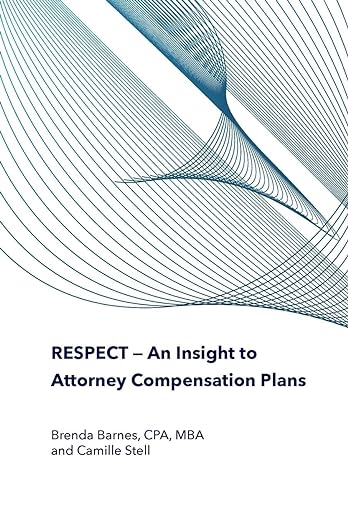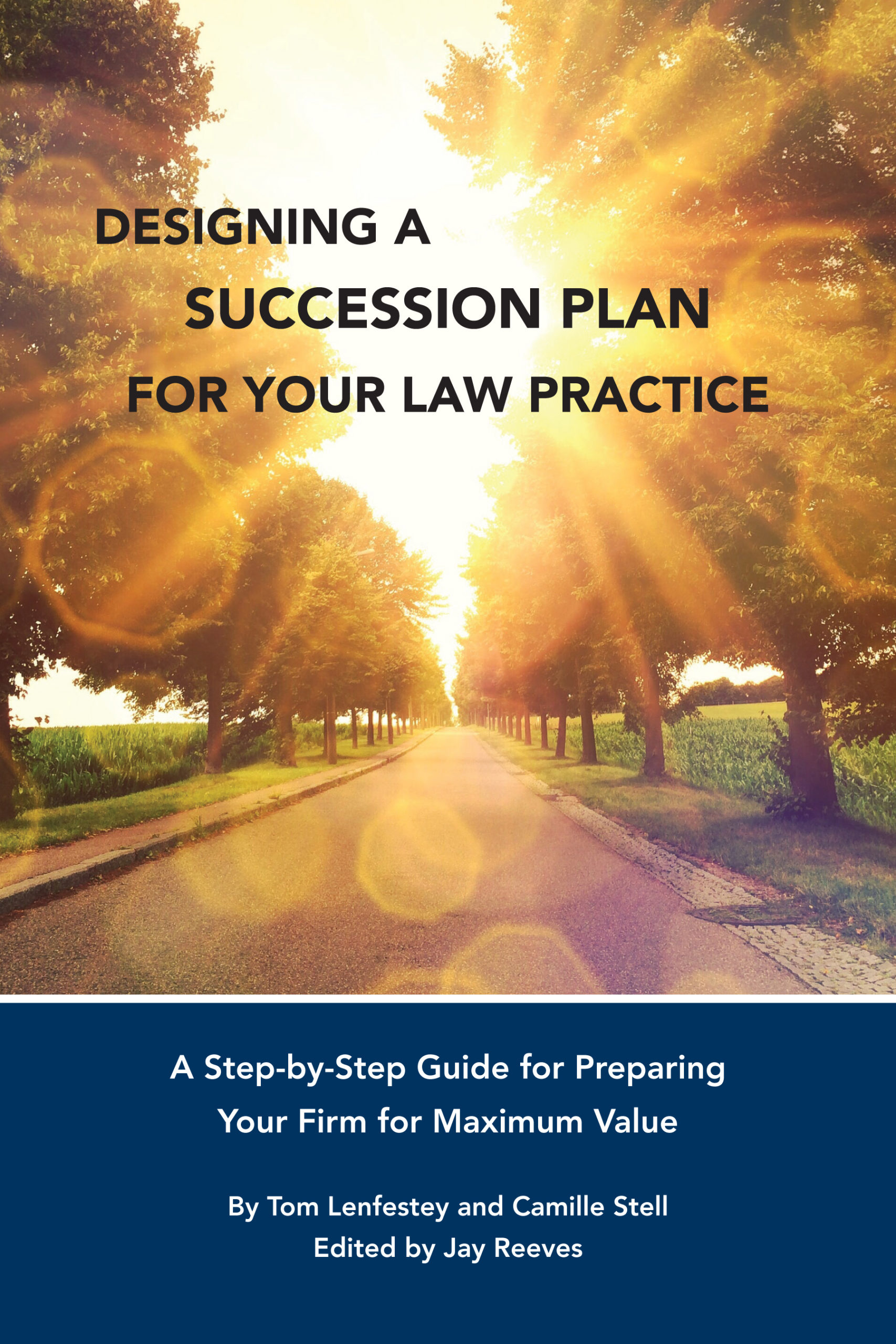
By Camille Stell
A recent survey from Natixis Investment Managers identified when Americans hope to stop working. The average age is 62, but the survey also showed that retirement plans varied by generation.
Baby Boomers, who range in age from 57 to 75, indicate they plan to work longer with an average retirement age of 68.
Gen X, ages 41 – 56 years old, plan to retire at age 60.
And the youngest cohort, Gen Y, ages 25 – 40, plan to retire at age 59.
However, the situation is different for lawyers of the Great Generation, the Silent Generation, and older Baby Boomers. The description for the Silent Generation explains this reluctance to plan for retirement. This generation, born from 1925 to 1945, worked within the system they found themselves in. They kept their heads down and worked hard, earning the “silent” label. This generation avoided risk and played it safe.
As a result, many senior lawyers today plan to die with their wingtips on. For others the goal is to reach 50 years of law practice which puts them at age 75 or older if they served in the military, which many members of this generation did.
But what about retirement plans for younger Baby Boomers? With Boomers spanning birth years of 1946 – 1964, many are hitting their 60’s and they don’t share the same goal of working until they can’t. However, the difficulty is they have no model for creating a retirement or succession plan because they are often the first lawyers in the firm to do so.
And while retiring at an earlier age sounds great, how do we move from thinking about retirement to creating a succession plan that will allow us to retire and maintain a comfortable standard of living for potentially 30+ years?
It’s Never too Early
Keep in mind, it’s never too early to start planning. Creating a succession plan doesn’t mean you stop working today. Instead, it puts you in control of creating a path that works for you.
Succession planning helps safeguard your law practice, provides continuity for your clients, and helps your support team know what to expect in the future. While a 20-year succession plan may not unfold exactly the way you envision it today, it provides a roadmap for the future that can be revised as necessary along the way.
Financial Planning
There are common questions around the finances of retirement:
- When will I be financially able to retire?
- What resources will fund my retirement?
- How much money will I need in retirement?
- How long will my money need to last?
In the same Natixis survey, respondents were questioned about the financial viability of retiring early. In the past, 62 was the magic age when many people achieved 30 years of service in jobs with pensions, as well as the age for receiving full Social Security benefits.
To keep Social Security a viable option with our life expectancy rising, Social Security age for full benefits began to rise as well. If you were born in 1943 – 1954, age 66 is when you are eligible for full benefits. If you were born in 1960 or later, age 67 is when you are eligible for full benefits.
You can take early benefits starting at age 62, but your payouts will be reduced for your lifetime. Visit the Social Security website or consult the Social Security Calculator on the AARP website to determine your timeline and payout.
Insurance is another important financial factor in retirement. Many employees are shocked to find out how expensive their company insurance plans are when they begin to explore COBRA. COBRA is a law that requires companies with 20 or more full-time employees to continue their workplace health insurance if their coverage ends due to a qualifying event.
Medicare eligibility starts at age 65. If you are enrolled in Social Security by then, you will automatically be enrolled for Medicare. However, if you are not enrolled in Social Security, you will have a seven-month window to sign up for Medicare without facing a penalty for late signup. The seven-month window is three months before your 65thbirthday and three months afterwards. You can sign up for Medicare at the Social Security website even if you are not yet enrolled in Social Security.
Another insurance consideration is buying a long-term care policy. Retirement facilities can cost close to $100,000 a year and will continue to rise. By the time you are 50, through conversations with your trusted insurance advisor, you should begin to explore whether a long-term care policy should be part of your insurance portfolio.
Life insurance policies are often provided by employers, but many lawyers are responsible for maintaining their own policies. If you have a life insurance policy, you should make sure that it includes both a death benefit and long-term care benefit. Many companies are now offering this and if your policy doesn’t include this benefit, you should consult your trusted insurance advisor about whether you should update your current policy.
Many lawyers are not going to need to rely completely on Social Security or Medicare, but it is important to have a financial retirement plan in place starting as early as possible. Even if you are concerned you don’t make enough money to need a financial advisor, an advisor can help you create a plan that will grow as your income grows. Follow financial news, connect with wealth advisors on LinkedIn and in person, and ask for recommendations to find an advisor you trust.
Finally, selling your law firm may be a way to supplement your retirement income. Building a law firm that is viable for sell is important. Read “Built to Sell” by John Warrillow for ideas on how to build a practice that can run without you.
Keep in mind your financial planning for retirement will change as your career develops. While you are young, invest so that you will have the benefit of many years for your investments to grow. As your earning capacity grows, you should invest more of your salary into both savings and investment opportunities. You should also be meeting with your financial advisor on a yearly basis to set your goals, review your finances from the past year, make sure your budget is realistic, all the while keeping your eye on your potential retirement date. It is liberating to make a plan, even if the plan changes, and to have financial accountability to help you reach your retirement goals.
Identify Your Options
Identify your retirement options. This is something most lawyers don’t give enough consideration, nor do they start planning early enough.
- No plan. “I’ll die at my desk” (or become disabled) and someone else will close my office for me. This option is the least desirable. While it may not impact the deceased lawyer, it is very hard on those left behind. Your remaining law partners, staff and family are left to clean up a practice instead of focusing on their grief or making their next plans for moving forward. This option may include problems that crop up later such as malpractice issues, bar complaints, and client dissatisfaction – all issues that impact a lawyer’s legacy.
- Winding down your practice. This option requires the least planning, and most lawyers choose this by default. Many lawyers gradually wind down as their client base also begins to slow down. With a free checklist from your malpractice provider, State Bar, or succession expert, you can check the boxes and be on your way.
- Hire a successor. This suggestion is often met with resistance. “I can’t find young lawyers who want to work hard”, “this generation isn’t interested in a practice like mine”, “my clients will never accept another lawyer”. Most of these are excuses that can be overcome with patience, a new mindset, and a plan.
- Sell your practice. Many lawyers assume this option is not ethical, not practical, or that their law practice has no value outside of themselves, or there is no buyer. ABA Ethics Rule 1.17 allows for the sale of a law practice. While it may be true that not many lawyers sell their practice, it isn’t accurate that your practice has no value and there is no market for selling your practice. While value is different for every practice based on practice area and geographical location, there is value in your physical location, your law firm name and reputation, your web address and marketing efforts, your referral network, your staff who know your processes and your clients, and your clients and their work on your shelf. Take the time to talk to talk with an expert in law firm succession and valuation before shutting the door on this idea.
- Move your practice to another firm and become “of counsel” for a wind-down period. This plan may involve a lump sum or payout over time, allowing you a scheduled wind-down and soft landing into retirement and a successful transition plan for your clients.
Create Your Retirement Advisory Team
Build a team of trusted advisors who can help you through the process of planning for succession. This will include your accountant, tax advisor, financial planner, insurance advisor, compensation expert, and succession expert. It may also include friends who have retired, clergy, doctor, wellness expert, your spouse, partner, or adult children. These are the people who have your best interest in mind, as well as the expertise to help you make the right decisions.
Next Steps
Research. How about reading a book on retirement such as Ida Abbott’s book, “Retirement By Design” or “Younger Next Year” by Chris Crowley. I also love “Designing Your Life” by Bill Burnett and Dave Evans.
Consult with an expert. There are succession experts who offer consulting calls to talk through your many options and how to decide which one is for you.
Recruit your Retirement Advisory Team. Assemble the experts listed above and begin scheduling meetings and brainstorming sessions.
Whatever you do, start it now. It’s never too early to begin succession planning. Your law practice is likely your greatest financial asset, as well as being your pride and joy. Take time now to consider what the future holds and how to get there.
About The Author
Camille Stell

Camille Stell is the President of Lawyers Mutual Consulting & Services and the co-author of Designing A Succession Plan for Your Law Practice: A Step-by-Step Guide for Preparing and Packaging Your Firm for Maximum Value. Continue this conversation by contacting Camille at camille@lawyersmutualconsulting.com or 800.662.8843.



